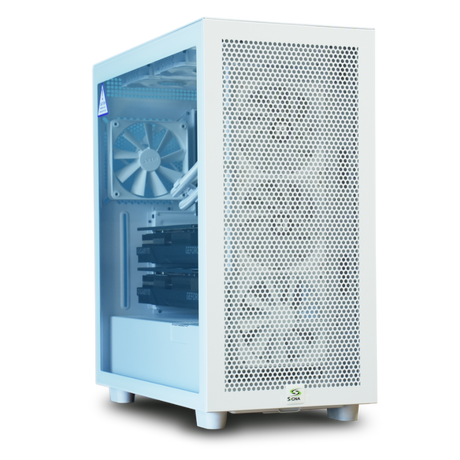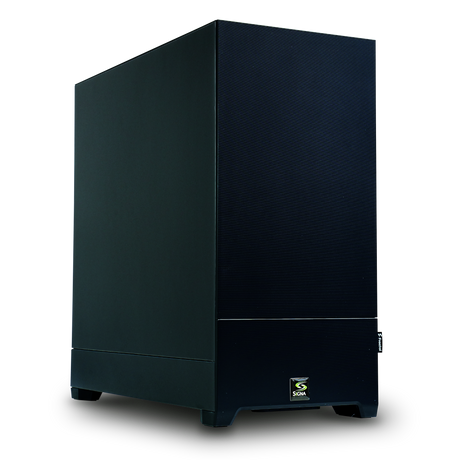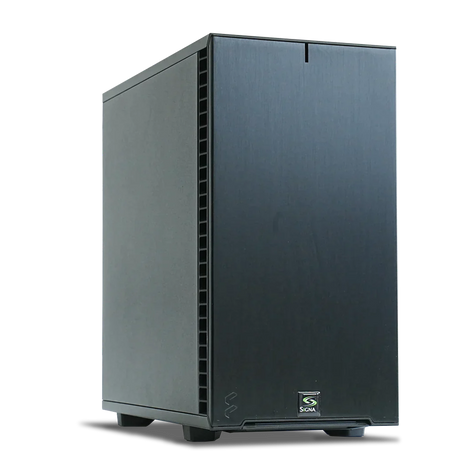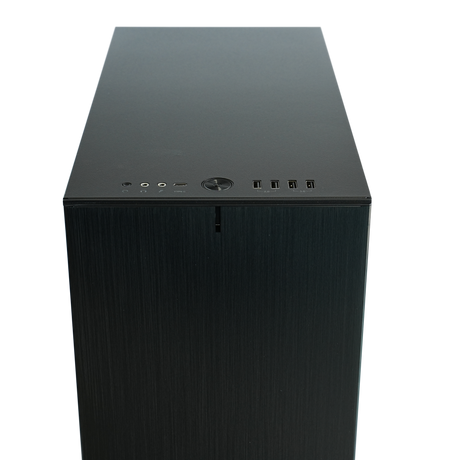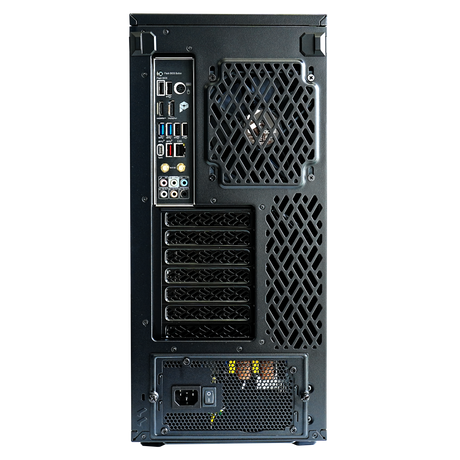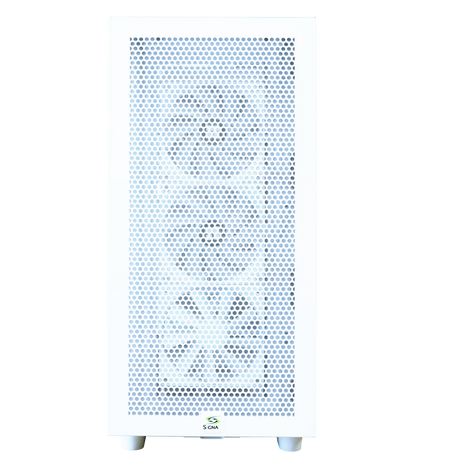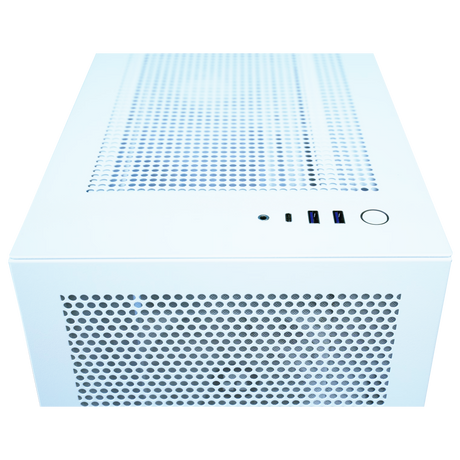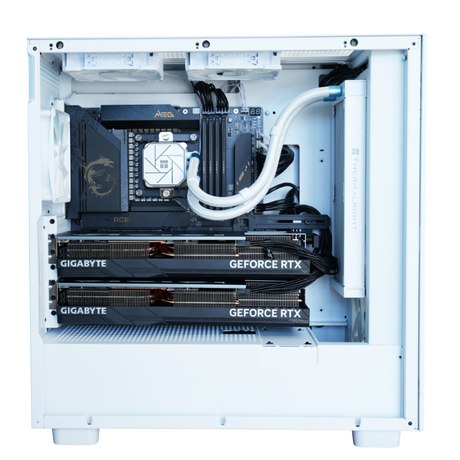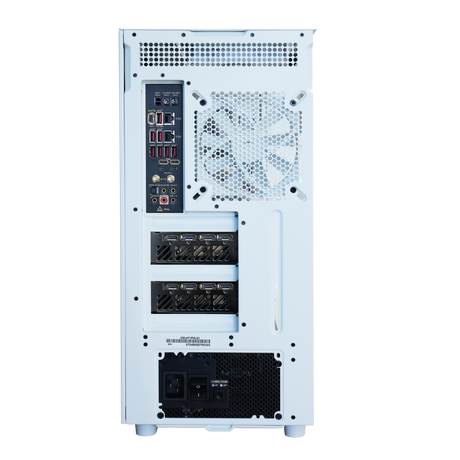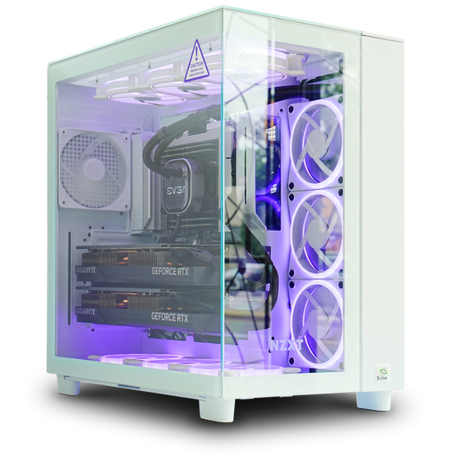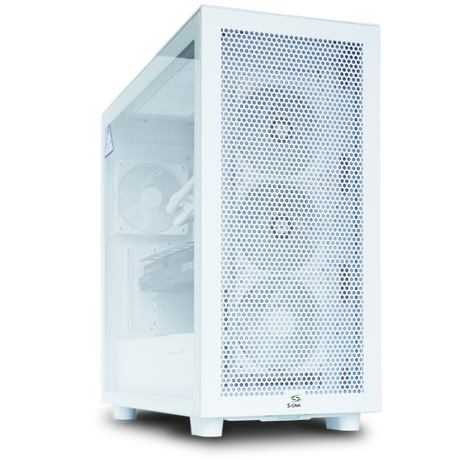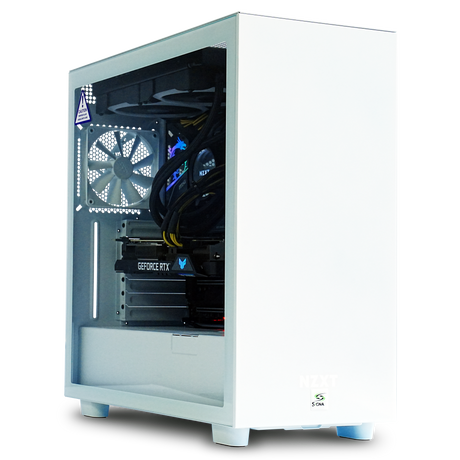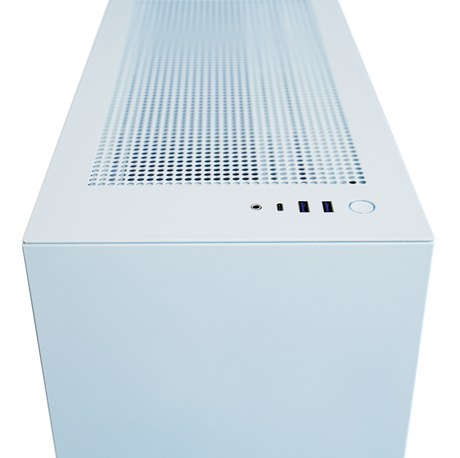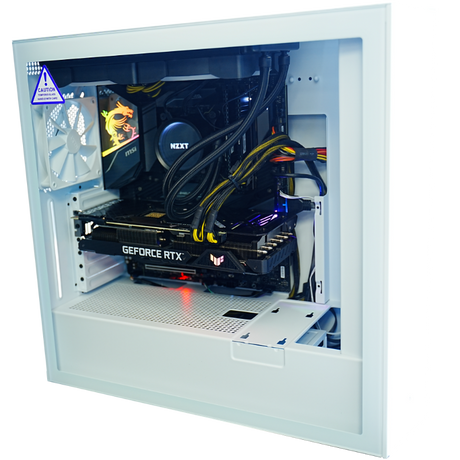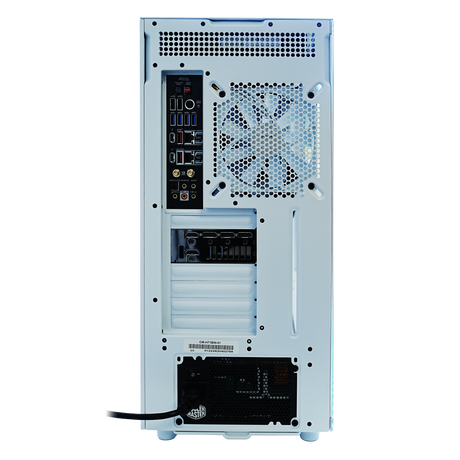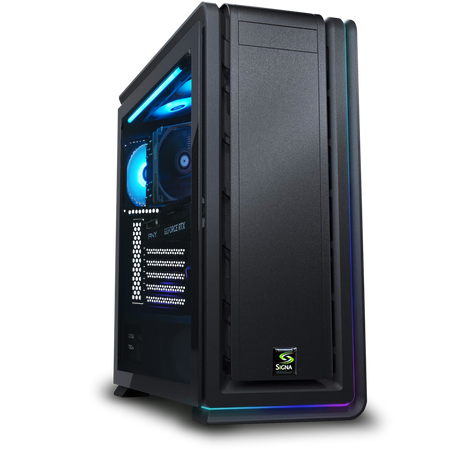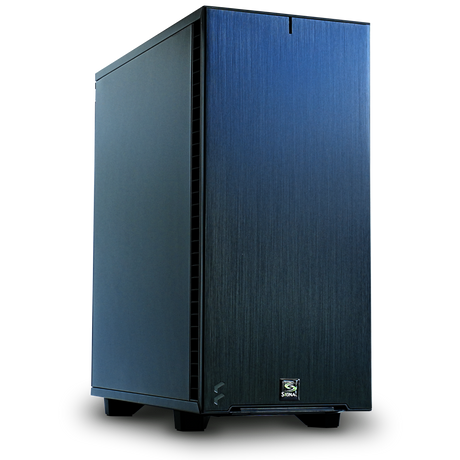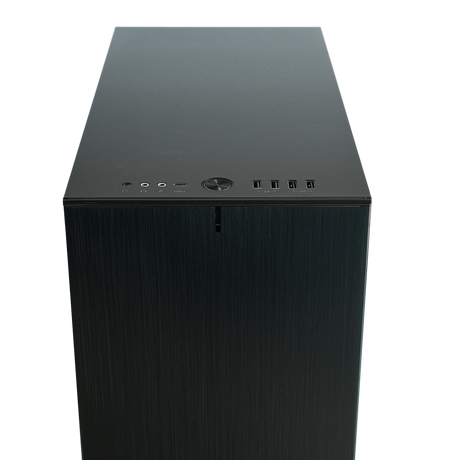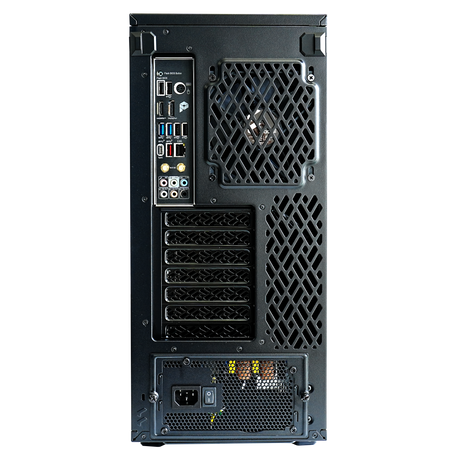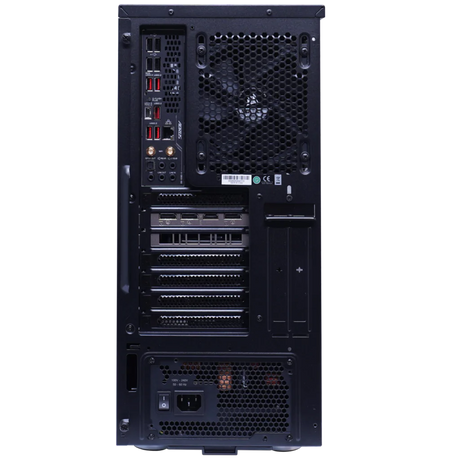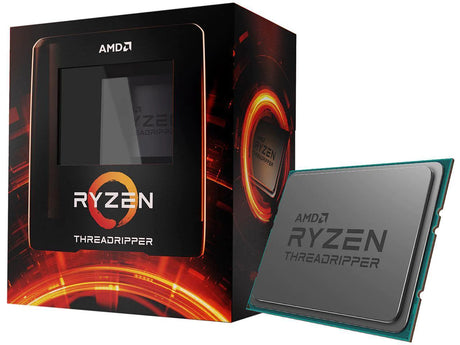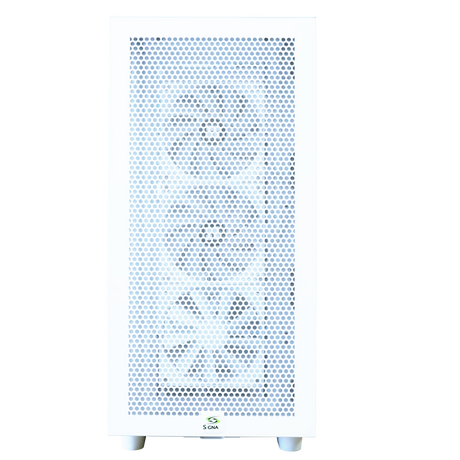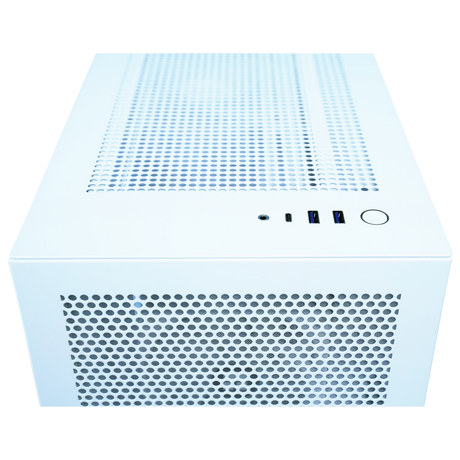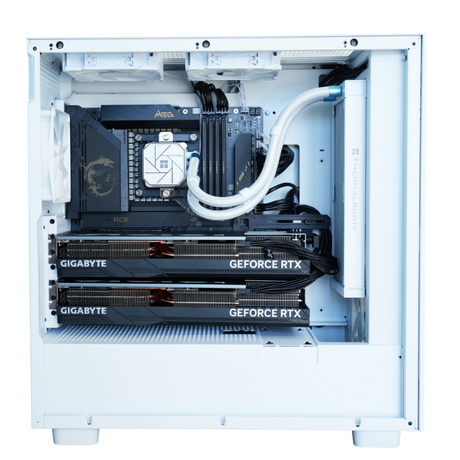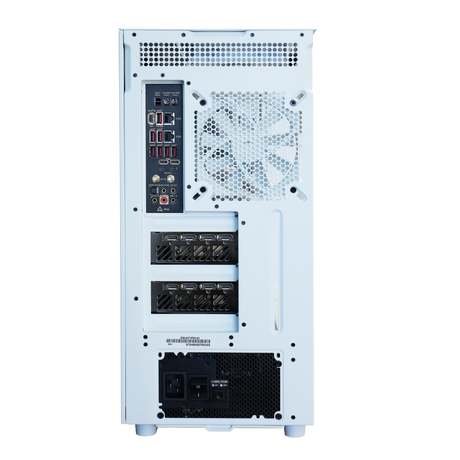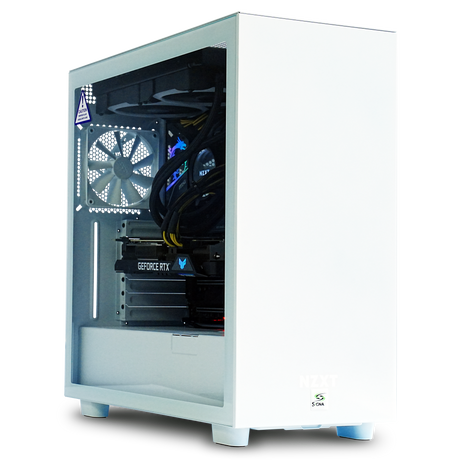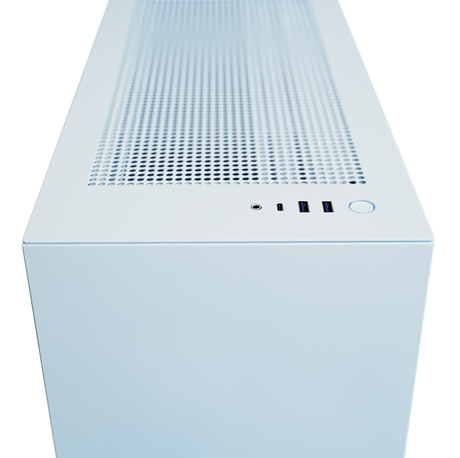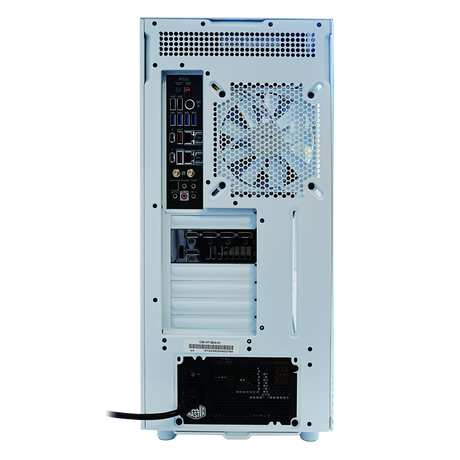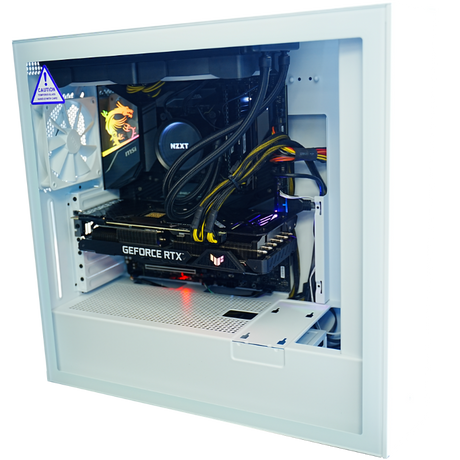Here is your TensorFlow system requirements guide in the same clear, proven Signa format, fully in English, ready for your website, social, or print:
TensorFlow System Requirements
Engineered for TensorFlow. Built for Fast, Reliable Machine Learning Workflows.
TensorFlow will technically run on most modern systems, but if you’re training large models, handling big datasets, or prototyping advanced AI workflows, you need a workstation designed for speed, stability, and GPU acceleration.
At Signa, we’ve tested TensorFlow workloads extensively to determine which hardware configurations actually improve model training speed, stability during long epochs, and responsiveness during iterative prototyping. Whether you’re in research, production, or academic deep learning, our systems help you train and deploy efficiently.
⚙️ Processor (CPU) – Supports Data Preprocessing and Multi-Threading
TensorFlow offloads training to the GPU, but your CPU still plays a critical role in data preprocessing, feeding data to the GPU, and managing multi-threaded operations.
Best CPUs for TensorFlow:
Higher core counts help with data preprocessing pipelines while maintaining system responsiveness during training.
💡 Running multi-GPU setups or large dataset pipelines? Let us know, and we can recommend higher-core CPUs or workstation-class processors to keep your pipeline flowing.
Graphics Card (GPU) – The Most Critical Component for TensorFlow
TensorFlow performance scales almost entirely with your GPU power. More CUDA cores, higher VRAM, and faster GPUs dramatically reduce training times and allow larger models to fit into memory.
Top GPU recommendations:
-
NVIDIA RTX 5090 (best-in-class training speed and large VRAM)
-
NVIDIA RTX 5080 / 5070 Ti (excellent for most deep learning workloads)
-
Multi-GPU configurations for advanced research and heavy workloads
Why NVIDIA?
TensorFlow relies on CUDA and cuDNN for GPU acceleration, making NVIDIA GPUs the industry standard for deep learning. For long, stable training cycles in production or research environments, RTX Professional Series cards provide additional driver stability.
💡 Need a multi-GPU training setup? Let us know, and we’ll design a system with optimized cooling, power delivery, and chassis airflow for reliable heavy training workloads.
Memory (RAM) – Essential for Large Datasets
While TensorFlow training primarily utilizes GPU VRAM, your system RAM needs to handle data preprocessing, augmentation, and large dataset handling.
Recommended RAM:
Ample RAM ensures smooth data loading, processing, and system responsiveness during heavy training sessions.
Storage (Drives) – Fast Data Loading and Checkpoint Saving
Large datasets and checkpoints require high-speed storage to prevent bottlenecks during training.
Recommended setup:
-
Primary Drive: 1TB–2TB NVMe SSD for OS, TensorFlow environment, and active datasets
-
Secondary NVMe SSD: For large datasets and fast checkpoint handling
-
Archive: High-capacity HDD or NAS for completed models and datasets
Why NVMe?
NVMe SSDs are up to 6x faster than SATA SSDs, reducing load times, dataset ingestion times, and checkpoint save times, making your pipeline more efficient.
Why Choose a Signa Workstation for TensorFlow?
✅ Purpose-built for TensorFlow deep learning and machine learning workloads
✅ Expert GPU configurations for fast, reliable model training
✅ Local, knowledgeable support in Toronto
✅ No unnecessary components—only what benefits your ML workflow
✅ Customizable builds for any budget and research or production pipeline
📞 Ready to Accelerate Your TensorFlow Workflow?
From rapid prototyping to large-scale training, we build workstations that help you train, iterate, and deploy models with confidence.
🔗 Book your free consultation today
📍 Visit us: 3457 Yonge Street, Toronto
📞 Call us: (416) 488-9208


